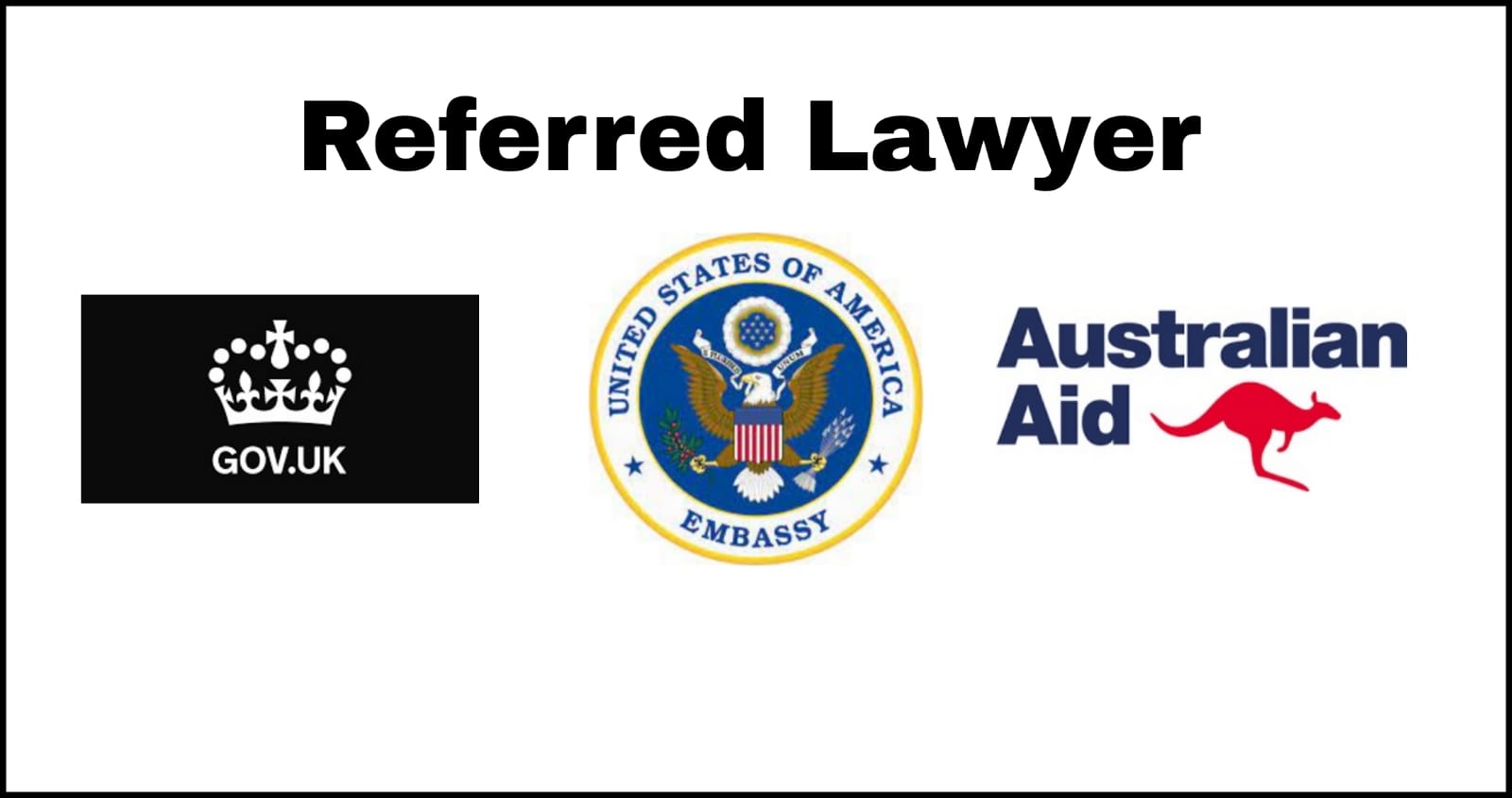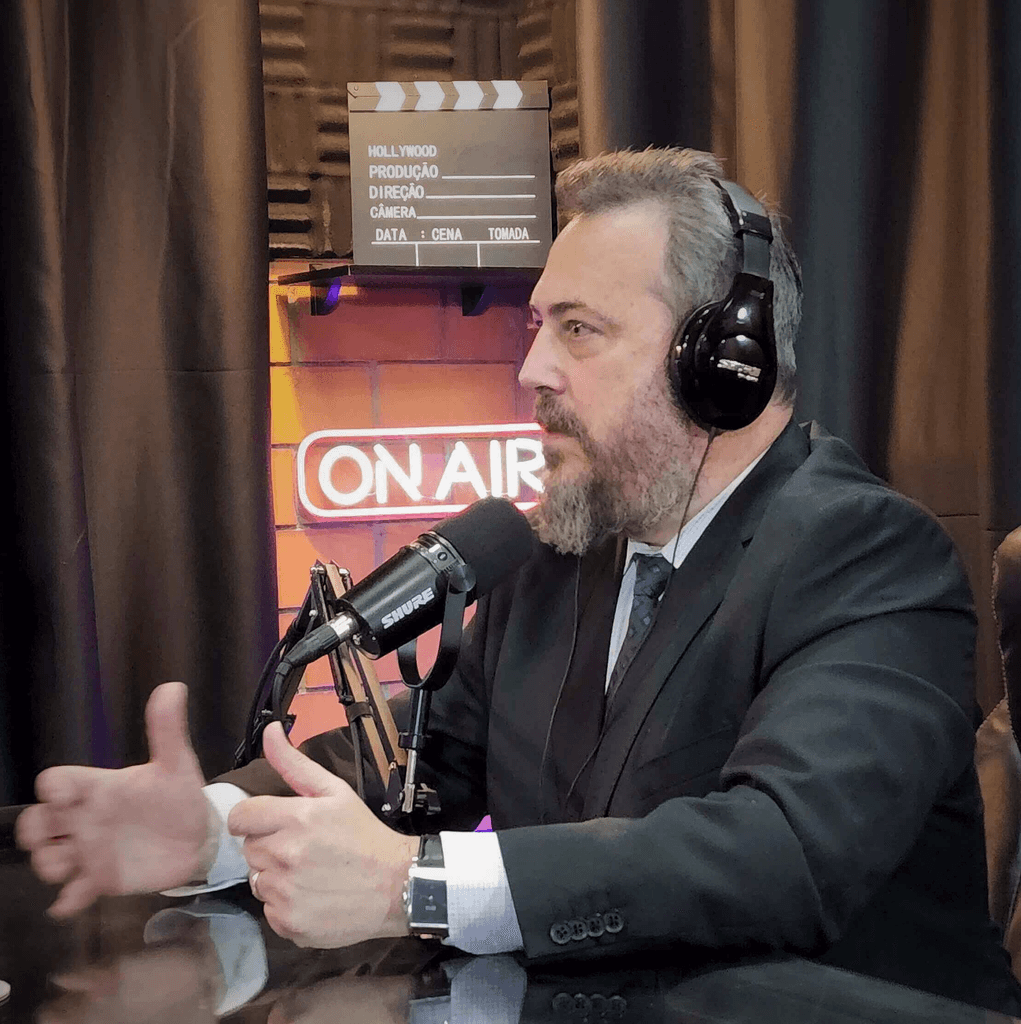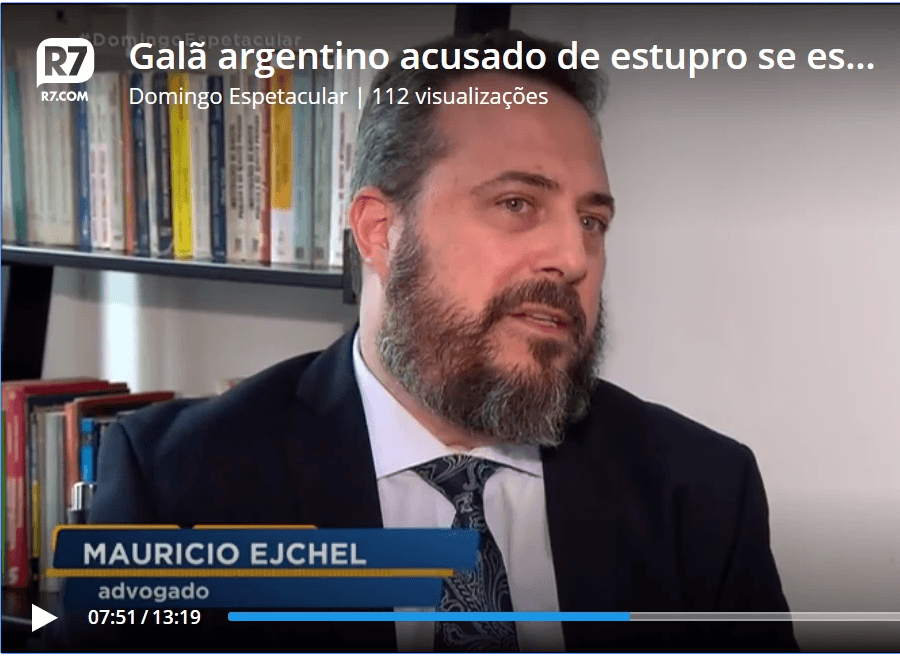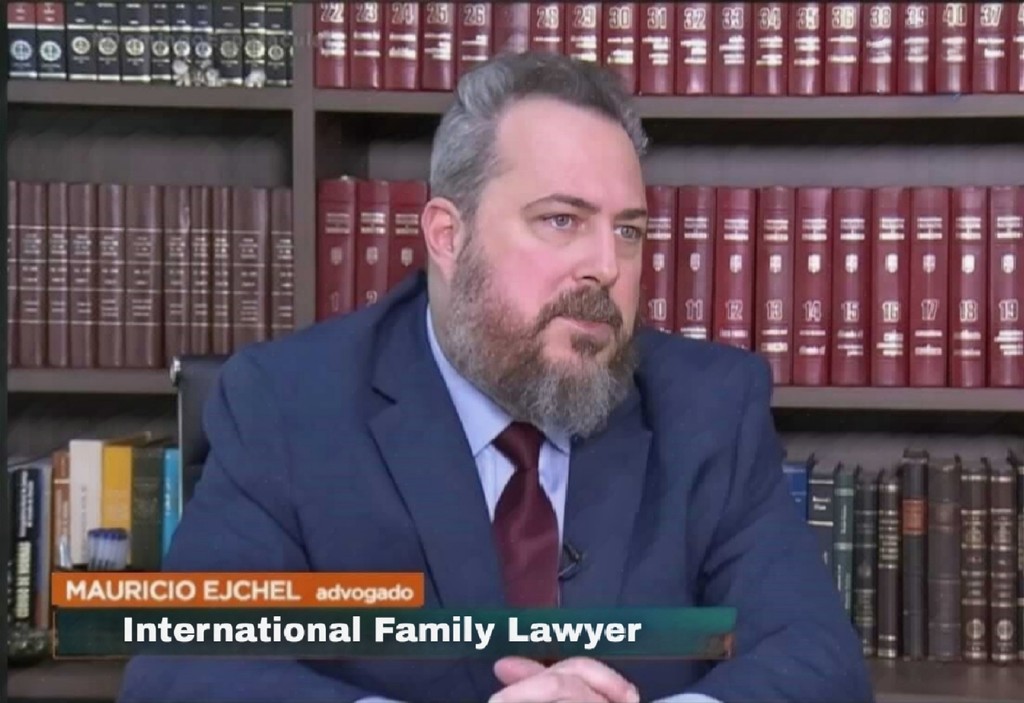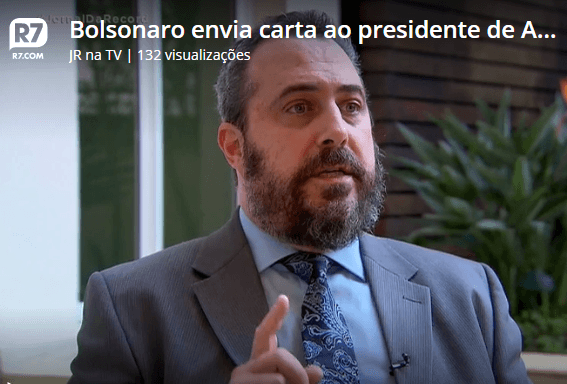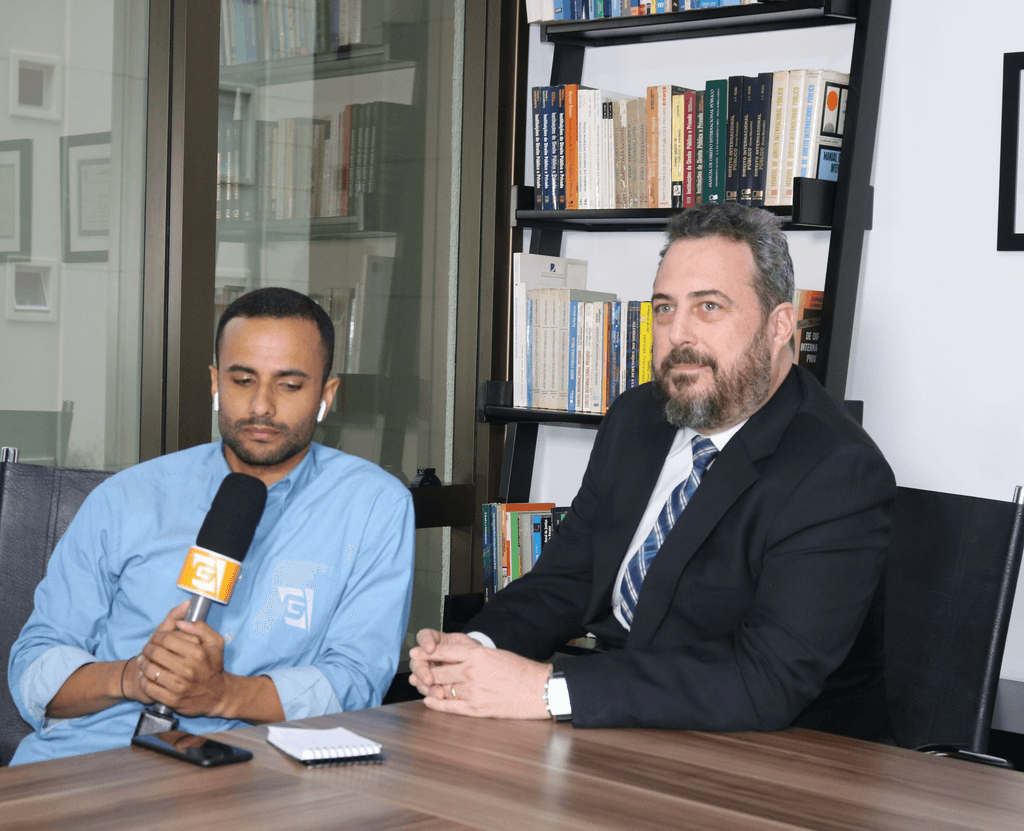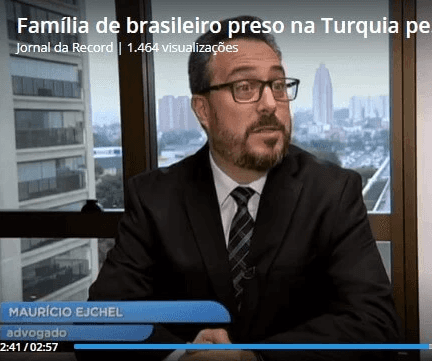Precautionary Injuction on Child Abduction cases in Brazil
In today’s globalized world, international child abduction cases have become a grave concern, leaving parents distraught and children caught in the middle.
Just recently, Brazil has implemented Normative Instruction 449/2022, which provides new guidelines to federal judges to address the country’s previous non-compliance with The Hague Convention provisions on the return of children.
This advance has brought greater transparency and guidance to legal professionals, enabling them to adopt international child abduction cases more efficiently and effectively.
In this new environment, the precautionary injunction has emerged, serving as a valuable tool in preserving the well-being of children and preventing the illicit act of international child abduction.
This article aims to shed light on the precautionary injunction process, explaining its benefits and how it offers a positive approach to safeguarding the well-being of children and protecting their rights.
The precautionary injunction is a legal lawsuit filed in the Brazilian Federal Courts, seeking a protective order based on the identified risk of international child retention or abduction. In other words, it is proposed BEFORE the effective abduction itself against the abductor.
This proactive approach shall present compelling reasons for the probable risk, such as current disputes over custody of children, passport-keeping disagreements, and previous divorce proceedings. By presenting this case supported by evidence, legal professionals can justify to the court the need for immediate action specifically to block the abduction itself.
To initiate the precautionary injunction, the case is filed before the Federal Court in the state where the abductor is most likely to establish himself during the vacation period or where their relatives are geographically located in Brazil. The filing includes essential documents normally presented in Hague Convention applications, such as pictures of the parent with the children, with the other parent, copies of passports, and a concise history of the relationship, particularly focusing on recent events that generate the concern of the abduction.
The case may also demand communication with federal border police to monitor the entry and exit of the abductor and children.
Compared to relying solely on the traditional Hague Convention application, the prospects of success are generally higher with the preventive injunction. By utilizing this proactive measure, legal professionals can pre-characterize the potential illegal act of child retention. In the event of an overstay, the court accepts the injunction as evidence of the illicit intention, allowing for swift determine the immediate return of the children to their rightful custodian, without the need for additional legal procedures.
While the injunction helps address immediate concerns and provides a framework for prompt intervention, a formal application under the Hague Convention is still required to address the issue of the other parent overstaying with the children. By pursuing both avenues, parents can maximize their chances of securing the safe return of their children.
In all recent cases involving the return of children accompanied by a preliminary injunction, such requests have been seen as clear indications of the abductor’s premeditated intention to commit an illicit act of kidnapping. As a result, the judges promptly ordered the immediate return of the children, adhering to the Convention’s requirement of a 6-week period.
If you would like to discuss this matter further, please feel free to give me a call at +55 (11) 98433-5841 or send an email to mauricio@advogasse.com.br.
Precautionary Injuction on Child Abduction cases in Brazil
In today’s globalized world, international child abduction cases have become a grave concern, leaving parents distraught and children caught in the middle.
Just recently, Brazil has implemented Normative Instruction 449/2022, which provides new guidelines to federal judges to address the country’s previous non-compliance with The Hague Convention provisions on the return of children.
This advance has brought greater transparency and guidance to legal professionals, enabling them to adopt international child abduction cases more efficiently and effectively.
In this new environment, the precautionary injunction has emerged, serving as a valuable tool in preserving the well-being of children and preventing the illicit act of international child abduction.
This article aims to shed light on the precautionary injunction process, explaining its benefits and how it offers a positive approach to safeguarding the well-being of children and protecting their rights.
The precautionary injunction is a legal lawsuit filed in the Brazilian Federal Courts, seeking a protective order based on the identified risk of international child retention or abduction. In other words, it is proposed BEFORE the effective abduction itself against the abductor.
This proactive approach shall present compelling reasons for the probable risk, such as current disputes over custody of children, passport-keeping disagreements, and previous divorce proceedings. By presenting this case supported by evidence, legal professionals can justify to the court the need for immediate action specifically to block the abduction itself.
To initiate the precautionary injunction, the case is filed before the Federal Court in the state where the abductor is most likely to establish himself during the vacation period or where their relatives are geographically located in Brazil. The filing includes essential documents normally presented in Hague Convention applications, such as pictures of the parent with the children, with the other parent, copies of passports, and a concise history of the relationship, particularly focusing on recent events that generate the concern of the abduction.
The case may also demand communication with federal border police to monitor the entry and exit of the abductor and children.
Compared to relying solely on the traditional Hague Convention application, the prospects of success are generally higher with the preventive injunction. By utilizing this proactive measure, legal professionals can pre-characterize the potential illegal act of child retention. In the event of an overstay, the court accepts the injunction as evidence of the illicit intention, allowing for swift determine the immediate return of the children to their rightful custodian, without the need for additional legal procedures.
While the injunction helps address immediate concerns and provides a framework for prompt intervention, a formal application under the Hague Convention is still required to address the issue of the other parent overstaying with the children. By pursuing both avenues, parents can maximize their chances of securing the safe return of their children.
In all recent cases involving the return of children accompanied by a preliminary injunction, such requests have been seen as clear indications of the abductor’s premeditated intention to commit an illicit act of kidnapping. As a result, the judges promptly ordered the immediate return of the children, adhering to the Convention’s requirement of a 6-week period.
If you would like to discuss this matter further, please feel free to give me a call at +55 (11) 98433-5841 or send an email to mauricio@advogasse.com.br.

Dr. Maurício Ejchel
International Family Lawyer
Brazil

Dr. Maurício Ejchel
International Family Lawyer
Brazil

Dr. Maurício Ejchel
International Family Lawyer
Brazil

Dr. Maurício Ejchel
International Family Lawyer
Brazil
MF. Ejchel International Advocacy. 1996
MF. Ejchel International Advocacy. 1996
MF. Ejchel International Advocacy.
1996
MF. Ejchel International
Advocacy
1996







